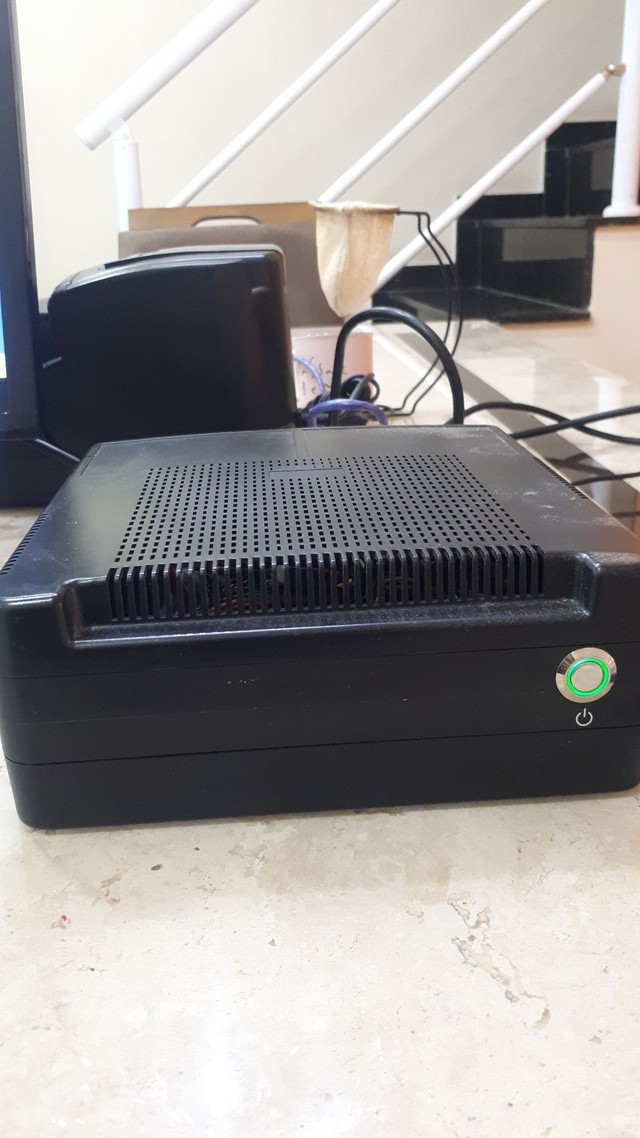


The mean amplitude also increased significantly after caffeine administration (0.4746☐.04072mV and 0.5250☐.01949mV, Control and Caffeine with Treated Group respectively p=0.0061). Parameters extracted from electrocardiographic records in the Control and Caffeine with Treated Group (Student's t test and Mann-Whitney test). Mean oscillation in the gamma range corresponded to 0.003218☐.002155mV 2/Hzx10 -3 and 0.01173☐.001083mV 2/Hzx10 -3 in the Control Group and the Caffeine with Treated Group, respectively (p<0.001). Mean oscillations in the beta range differed significantly between the Control and the Caffeine with Treated Group (0.007670☐.001497mV 2/Hzx10 -3 and 0.01979☐.003748mV 2/Hzx10 -3 respectively p<0.001). Mean delta oscillation differed significantly prior to and after caffeine administration (0.003883☐.0009877mV 2/Hzx10 -3 and 0.01227☐.001844mV 2/Hzx10 -3, respectively p<0.0001), with higher values detected in Caffeine with Treated Group, Mean oscillations in the theta (0.01440☐.002569mV 2/Hzx10 -3) and alpha (0.01176☐.001643mV 2/ Hzx10 -3) ranges in the Control Group differed significantly (p<0.001) from those recorded in the Caffeine with Treated Group (theta, 0.03031☐.006081mV 2/Hzx10 -3 alpha, 0.02189☐.003489mV 2/Hzx10 -3). A) Powers of the predominant brain waves in the Control Group B) Predominant potencies in brain oscillations in animals that received intraperitoneal caffeine C) Comparison of the oscillations detected in each group (n=9) Rats were placed in acrylic boxes measuring 60x50x20cm (length, width and height, respectively).Īverage power range of delta, theta, alpha, beta and gamma brain oscillations in the Control and Caffeine-Treated Groups (50mg/kg).

Rats were not anesthetized prior to recordings.

Measurements were made on the same day, using a block design, as follows: ECoG data were collected first, then ECG, and finally EMG data. Data were collected in separate groups, within 5 th days of surgery. Surgically implanted electrodes were used to record ECoG, ECG and EMG signals. ( 9 ) Rats were submitted to electrocorticographic (ECoG), electromyographic (EMG) and electrocardiographic (ECG) assessment. Rats were allocated to one of two groups, as follows: Group 1 (n=27), Control, treated with equivalent volume of 0.9% saline solution in an intraperitoneal (IP) injection Group 2 (n=27), Caffeine with Treated (50mg/kg IP), as per Marriott, 1968. 2675110219).Ī total of 54 adult male Wistar rats, weighing 230g to 250g, were used. Experimental procedures were conducted in compliance with the principles of laboratory animal care and approved by the Ethics Committee on Experiments in Animals (CEUA No. Animals had access to water and food ad libitum, and were kept in a temperature-controlled environment (25☌ to 28☌), under a 12/12 hour light-dark cycle. The animals were obtained from the Central Animal Facility of Universidade Federal do Pará (UFPA), and individually housed in the Experimentation Vivarium of the Laboratory of Pharmacology and Toxicology of Natural Products, from April 2019 to November 2020. ( 1, 6, 8 ) However, quantitative studies describing the impact of electrophysiological changes on various systems following caffeine administration are scarce. The stimulating effect of caffeine has been widely described in literature, primarily in behavioral and biochemical studies. ( 6 ) Paraxanthine is the main metabolite of caffeine in humans and is associated with a significant release of dopamine in areas of the striatum. Caffeine increases motor activity and has arousal and reinforcing effects. ( 4, 5 )Ĭaffeine acts primarily as a non-selective adenosine receptor antagonist. ( 4 ) Epidemiological data suggest that habitual coffee consumption is protective against Parkinson's and Alzheimer's diseases and promotes weight loss. ( 1 ) Caffeine can be used to treat idiopathic apnea of prematurity ( 2 ) and acute respiratory depression, ( 3 ) and for pain management. Motivations behind caffeine use are increased concentration, cognition and physical performance. Caffeine is a central nervous system (CNS) stimulant of the methylxanthine class, and the most widely used psychoactive drug worldwide.


 0 kommentar(er)
0 kommentar(er)
